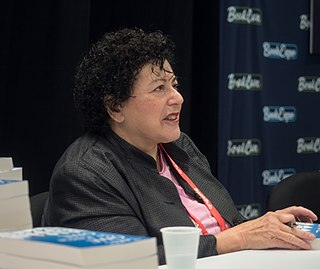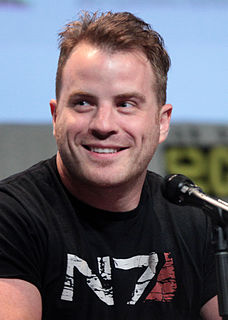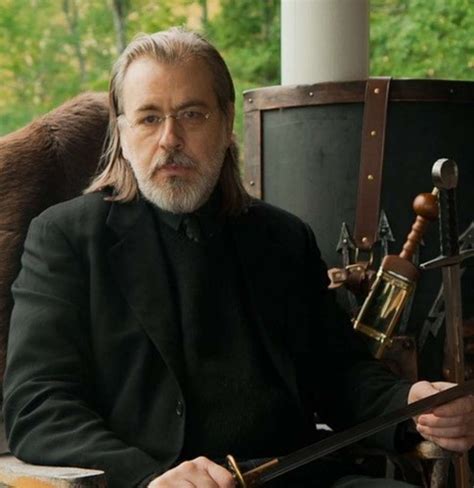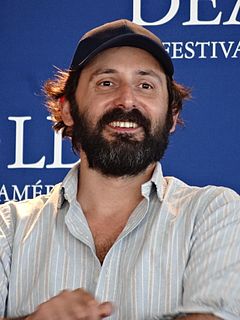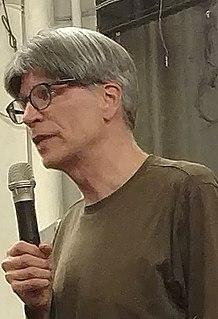A Quote by Susan Isaacs
Being a novelist is the adult version of a kid creating a make-believe world. But unlike a child, a writer of fiction has to come up with a structured story, one that has as much meaning for others as it has for her.
Related Quotes
One of my standard - and fairly true - responses to the question as to how story ideas come to me is that story ideas only come to me for short stories. With longer fiction, it is a character (or characters) coming to visit, and I am then obliged to collaborate with him/her/it/them in creating the story.
A real good artist is basically a grown-up kid, who never kills the kid. What we call being an adult is basically about killing the kid. People think you have to forget about the kid to become an adult and deal with grown-up problems. But, that's bullshit. We are still kids. It's the same, you just grow up. You're a kid with more experience.
I believe that maturity is not an outgrowing, but a growing up: that an adult is not a dead child, but a child who survived. I believe that all the best faculties of a mature human being exist in the child. . . that one of the most deeply human, and humane, of these faculties is the power of imagination.
A story is a way to say something that can't be said any other way, and it takes every word in the story to say what the meaning is. You tell a story because a statement would be inadequate. When anybody asks what a story is about, the only proper thing is to tell them to read the story. The meaning of fiction is not abstract meaning but experienced meaning.
I've always assumed that every time a child is born, the Divine reenters the world. Okay? That's the meaning of the Christmas story. And every time that child's purity is corrupted by society, that's the meaning of the Crucifixion story. Your man Jesus stands for that child, that pure spirit, and as its surrogate, he's being born and put to death again and again, over and over, every time we inhale and exhale, not just at the vernal equinox and on the twenty-fifth of December.
Time passes, as the novelist says. The single most useful trick of fiction for our repair and refreshment: the defeat of time. A century of family saga and a ride up an escalator can take the same number of pages. Fiction sets any conversion rate, then changes it in a syllable. The narrator’s mother carries her child up the stairs and the reader follows, for days. But World War I passes in a paragraph. I needed 125 pages to get from Labor Day to Christmas vacation. In six more words, here’s spring.
